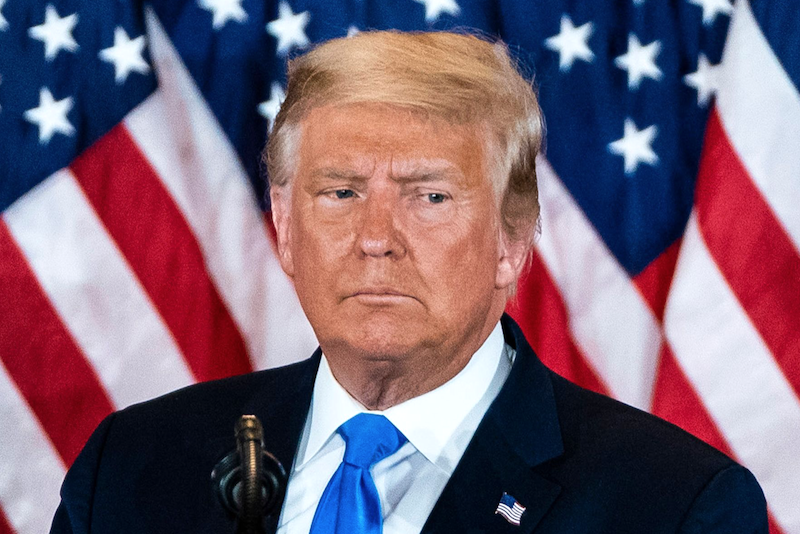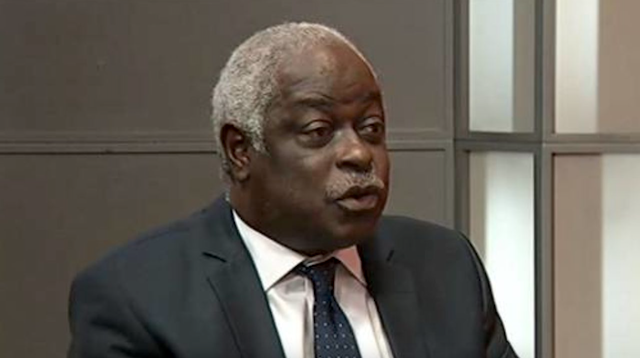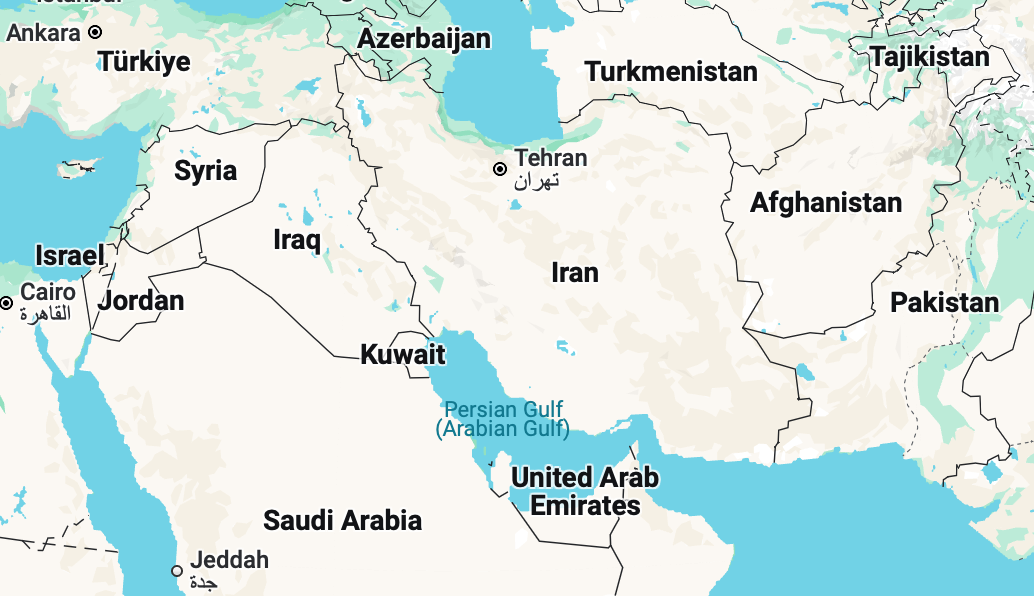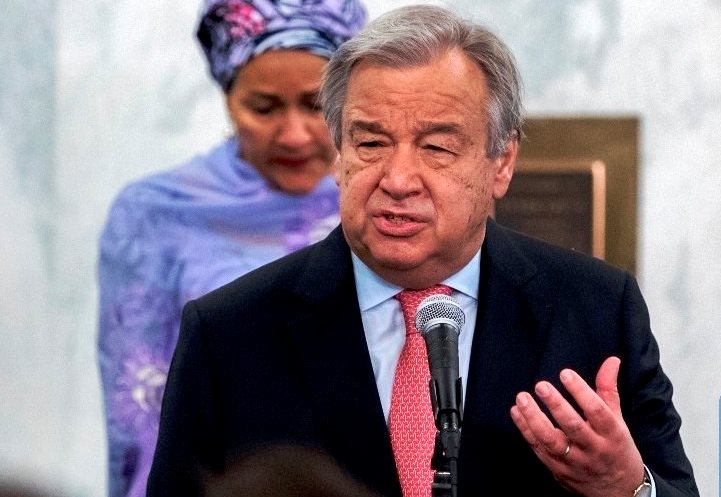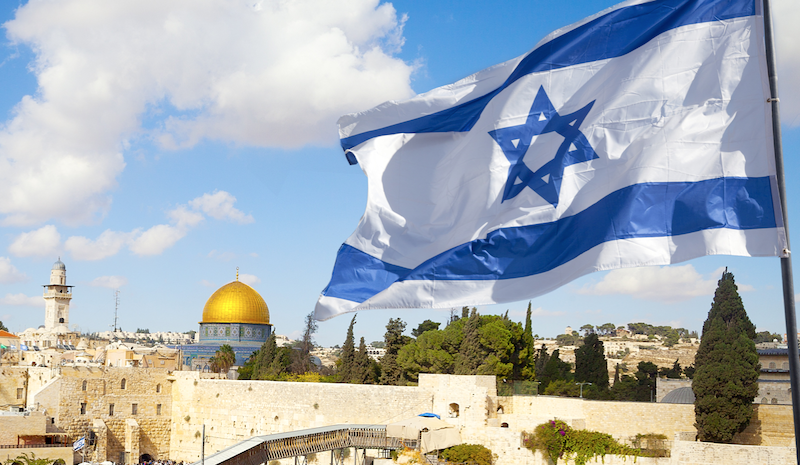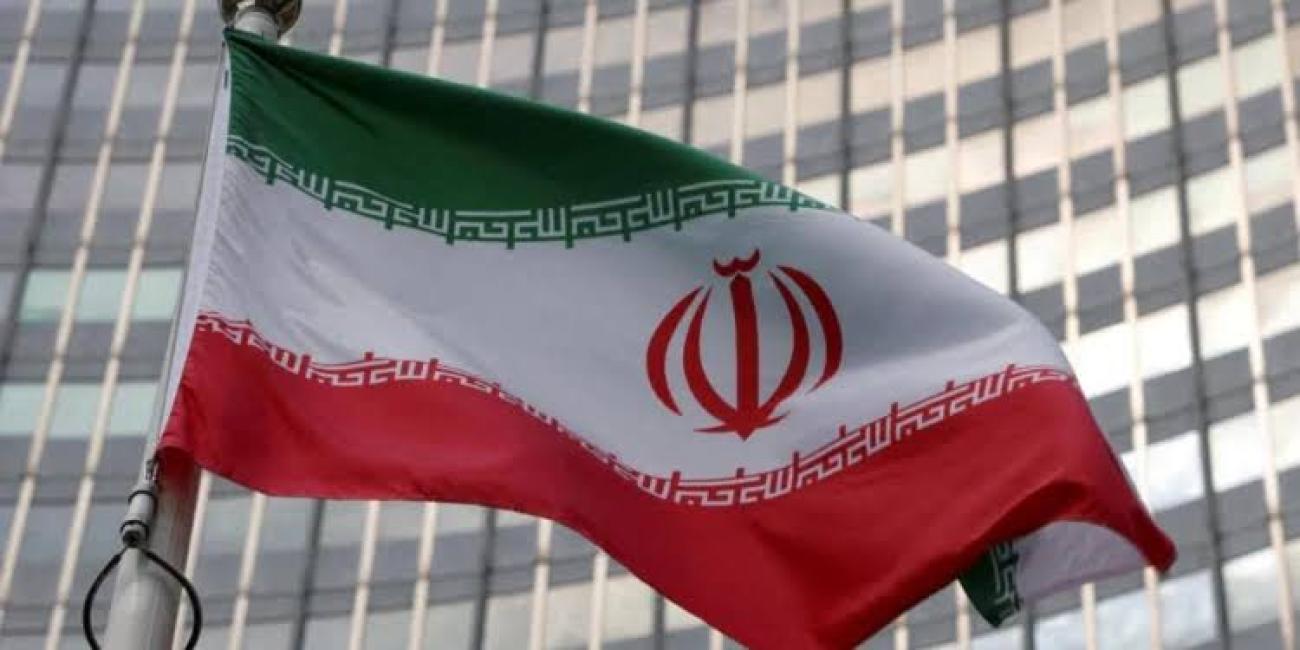“Biblical Israel is not the Jewish people or the state of Israel”.
Jesus, who appears as the Angel of the Lord in the Old Testament, sent Philip to an Ethiopian eunuch going from Jerusalem to Gaza. Philip overtook the man’s chariot and heard him reading from the book of Isaiah. He then asked the Ethiopian:
“Do you understand what you are reading?” And he said, “How can I, unless someone guides me?” And he asked Philip to come up and sit with him. The place in the Scripture which he read was this:
“He was led as a sheep to the slaughter; and as a lamb before its shearer is silent, so He opened not His mouth. In His humiliation His justice was taken away, and who will declare His generation? For His life is taken from the earth.”
So the eunuch answered Philip and said, “I ask you, of whom does the prophet say this, of himself or of some other man?” Then Philip opened his mouth, and beginning at this Scripture, preached Jesus to him.” (Acts 8:30-35).
“Of whom does the prophet say this, of himself or some other man?” Readers of Isaiah 53 still ask this question today.
Servant of God
The preface to Isaiah 53 is Isaiah 52. This shows that Isaiah 53 refers to “the servant of God.” (Isaiah 52:13-15).
Jews insist that throughout Isaiah, the term “servant of God” refers to biblical Israel.
“But you, Israel, are My servant, Jacob whom I have chosen, the descendants of Abraham My friend.” (Isaiah 41:8).
However, Christians maintain that the term refers to Jesus, the suffering servant of God:
“It is too small a thing that You should be My Servant to raise up the tribes of Jacob, and to restore the preserved ones of Israel; I will also give You as a light to the Gentiles, that You should be My salvation to the ends of the earth.” (Isaiah 49:6).
But God, who knows all things beforehand, provides the answer beforehand: “Philip opened his mouth, and beginning at this Scripture, preached Jesus to him.” (Acts 8:35).
So, the scripture refers to Jesus.
Israel-Iran War
This age-old question has come up again today in the shadow of the Israel-Iran war.
In 2004, I wrote an article entitled: “Why Christians Must Stop Supporting Israel Against the Palestinians.” On that occasion, the Israeli government massacred 2,000 Palestinians without reprieve, and Christians still supported Israel because the Israelites are presumed to be God’s Chosen People.
For 77 years, Israel has been the bully in the Middle East. Israel attacks the Palestinians, the Houthis, the Lebanese, and the Syrians. But a few days ago, it went a Bridge Too Far. Israel attacked Iran, and came up with a comeuppance.
The Iranians responded by breaching Israel’s defences. For the very first time in the history of the modern Israeli state, the Iranians have been teaching the Israelis a lesson they will never forget. They have been dropping big bombs on Israel and have practically destroyed the small country. Israel then pleaded for the United States to come to its defence.
A discussion between United States Senator Ted Cruz and internet blogger Tucker Carlson has gone viral. Ted Cruz wanted the United States to intervene on the side of Israel. He said God declares in the Bible that He will bless whoever blesses Israel, and will curse whoever curses her. Therefore, the U.S. should curse and bomb Iran.
Tucker Carlson was not convinced. He said the current Israeli nation is a 1948 creation. It did not exist in biblical days. So, God is not telling believers to bless the current Israeli government of Bibi Netanyahu.
This morning, Donald Trump took sides with Israel and the warmongers. He took the illegal move, according to the American Constitution, and bombed Iran.
Should disciples of Jesus automatically support Israel against Iran as Donald Trump and the Americans did?
Certainly not!
Believers are required to support the weak. Paul says:
“I have shown you in every way, by labouring like this, that you must support the weak.” (Acts 20:35).
Israel and the United States are “the strong” in this affair.
Abraham’s blessings
God’s covenant of blessings was not given to the nation of biblical Israel but to Abraham:
“The Lord had said to Abram: “Get out of your country, from your family and from your father’s house, to a land that I will show you. I will make you a great nation; I will bless you and make your name great; and you shall be a blessing. I will bless those who bless you, and I will curse him who curses you; and in you all the families of the earth shall be blessed.” (Genesis 12:1-3).
Every covenant and promise of God to Abraham pointed to Jesus. Jesus is all in all. (Ephesians 1:23). It is in Him alone that all the promises of God are answered and fulfilled.
“For no matter how many promises God has made, they are “Yes” in Christ. And so through Him, the “Amen” is spoken by us to the glory of God.” (2 Corinthians 1:20).
“Now to Abraham and his Seed were the promises made. He does not say, ‘and to seeds,’ as of many, but as of one, ‘and to your Seed,’ who is Christ.” (Galatians 3:16)
Jesus Himself became the blessing:
“Blessed be the God and Father of our Lord Jesus Christ, who has blessed us with every spiritual blessing in the heavenly places in Christ.” (Ephesians 1:3).
“That the blessing of Abraham might come upon the Gentiles in Christ Jesus, that we might receive the promise of the Spirit through faith.” (Galatians 3:14).
Biblical Israel
Biblical Israel is not the Jewish people, not the state of Israel, and not the Christian Church. Most Israelites were not Jews. Jews only relate to the people of the tribe of Judah.
Judah was the fourth child of David. He was just one of the 12 tribes of Israel. So, the other 11 tribes were not Jews.
Solomon sinned against God, and God, in judgment, divided Israel into two under Rehoboam, Solomon’s son:
“Solomon built a high place for Chemosh the abomination of Moab, on the hill that is east of Jerusalem, and for Molech the abomination of the people of Ammon. And he did likewise for all his foreign wives, who burned incense and sacrificed to their gods. So the Lord became angry with Solomon, because his heart had turned from the Lord God of Israel, who had appeared to him twice, and had commanded him concerning this thing, that he should not go after other gods; but he did not keep what the Lord had commanded. Therefore, the Lord said to Solomon, “Because you have done this, and have not kept My covenant and My statutes, which I have commanded you, I will surely tear the kingdom away from you and give it to your servant. Nevertheless, I will not do it in your days, for the sake of your father David; I will tear it out of the hand of your son. However, I will not tear away the whole kingdom; I will give one tribe to your son for the sake of My servant David, and for the sake of Jerusalem which I have chosen.” (2 Kings 11:7-13).
Thereafter, the Bible refers to the 10 tribes of the Northern Kingdom as Israel (or the Israelites). It then refers to the 2 tribes of the Southern Kingdom as Judah (or Jews).
So, according to the Bible, the Jews are different from the Israelites. In any case, all the 12 tribes of Israel are lost. So, no one knows biblical Israel or the Jews any more.
Two firstborn sons
There are two Israels in the bible. One is a shadow of the substantive One, so there are parallels between them.
The nation of Israel was God’s firstborn son:
“Thus says the Lord: Israel is My son, My firstborn.” (Exodus 4:22).
Jesus is also God’s firstborn son.
“He is the image of the invisible God, the firstborn over all creation. And He is the head of the body, the church, who is the beginning, the firstborn from the dead, that in all things He may have the preeminence.” (Colossians 1:15/18).
Water Baptism
The Israelites were baptised in the Red Sea.
“All our fathers were under the cloud, all passed through the sea, all were baptised into Moses in the cloud and in the sea.” (1 Corinthians 10:1-2).
Jesus was baptised in the River Jordan. (Matthew 3:13-15).
God was displeased with the firstborn Israelites.
“They drank of that spiritual Rock that followed them, and that Rock was Christ. But with most of them God was not well pleased, for their bodies were scattered in the wilderness.” (1 Corinthians 10:4-5).
But God is well-pleased with firstborn Jesus.
“A voice came from heaven, saying, ‘This is My beloved Son, in whom I am well pleased.’” (Matthew 3:17).
Out of Egypt
The first Israel was in Egypt for over 400 years until God sent Moses to deliver them from Pharaoh by a strong hand.
“When Israel was a child, I loved him, and out of Egypt I called My son.” (Hosea 11:1).
Jesus was also called out of Egypt:
“An angel of the Lord appeared to Joseph in a dream, saying, ‘Arise, take the young Child and His mother, flee to Egypt, and stay there until I bring you word; for Herod will seek the young Child to destroy Him.’ When he arose, he took the young Child and His mother by night and departed for Egypt, and was there until the death of Herod, that it might be fulfilled which was spoken by the Lord through the prophet, saying, ‘Out of Egypt I called My Son.’” (Matthew 2:13-15).
Temptation in the wilderness
The first Israel wandered around for 40 years in the wilderness because its children did ot trust God.
“‘According to the number of the days in which you spied out the land, forty days, for each day you shall bear your guilt one year, namely forty years, and you shall know My rejection. I the Lord have spoken this. I will surely do so to all this evil congregation who are gathered together against Me. In this wilderness, they shall be consumed, and there they shall die.’” (Numbers 14:34-35).
Jesus, the second Israel, was only 40 days in the wilderness.
“Jesus was led up by the Spirit into the wilderness to be tempted by the devil. And when He had fasted forty days and forty nights.” (Matthew 4:1-2).
CONTINUED.
